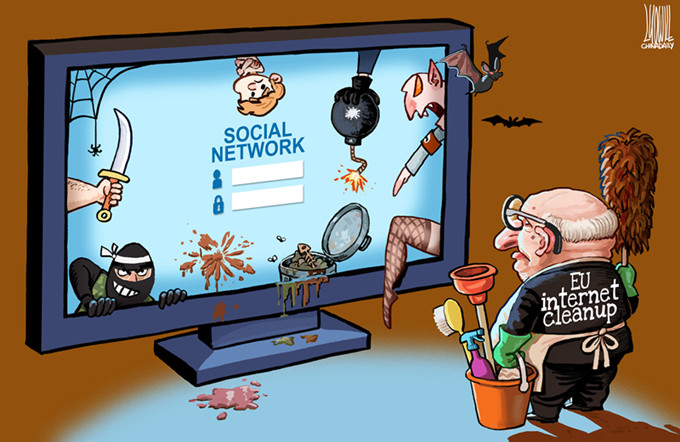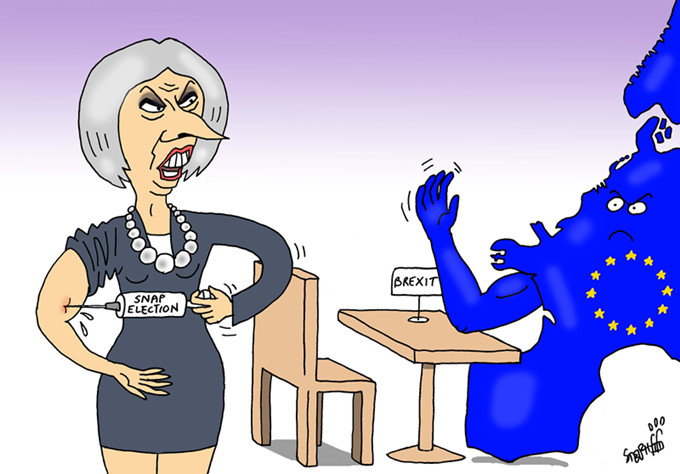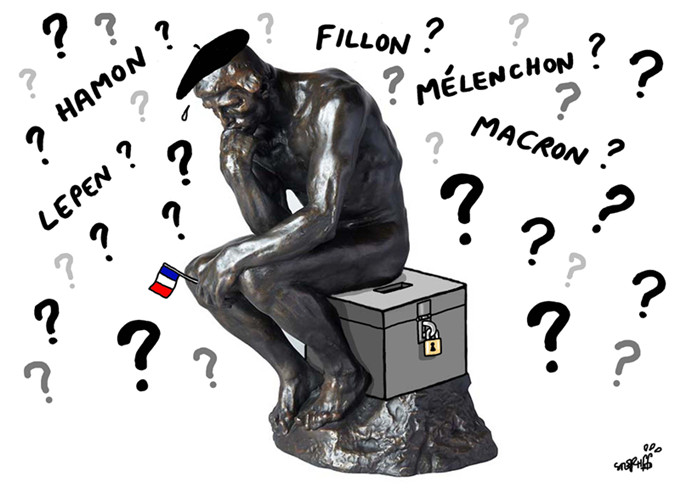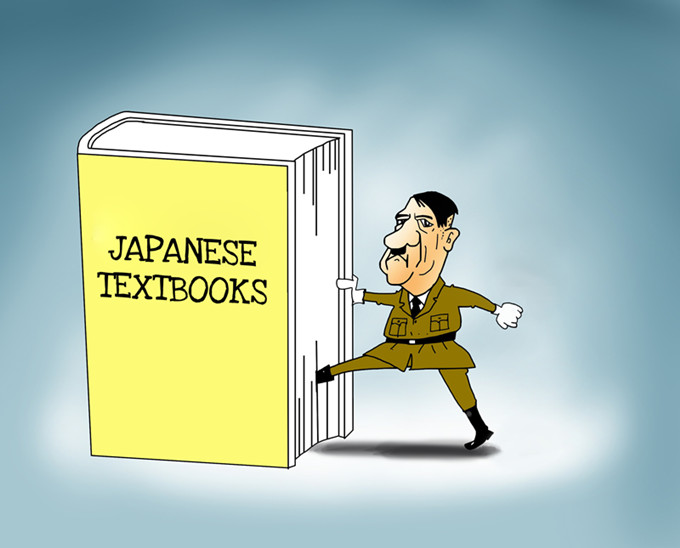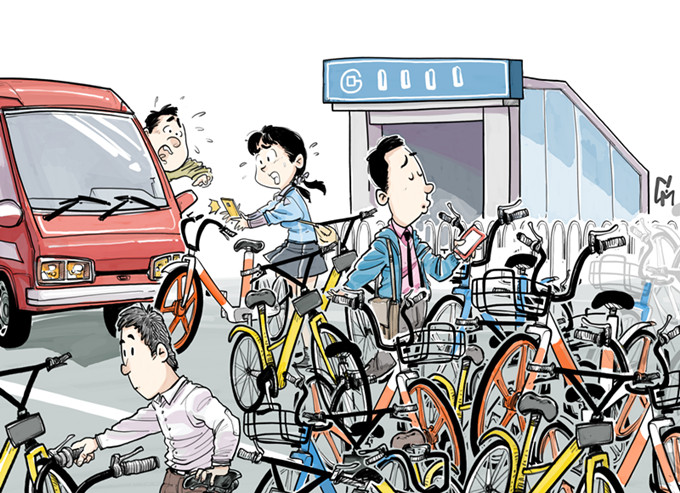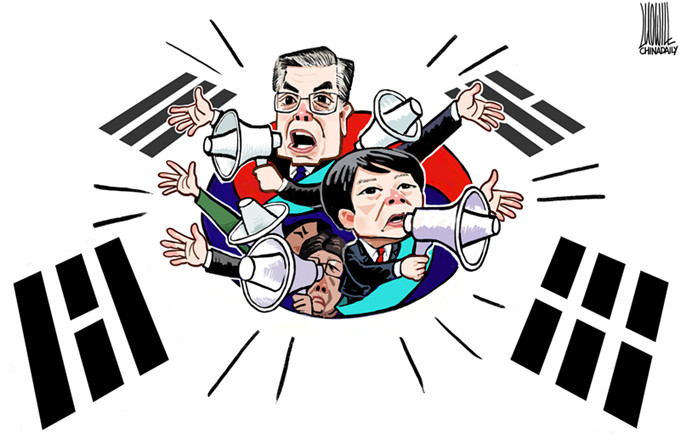'Buying American' and losing America
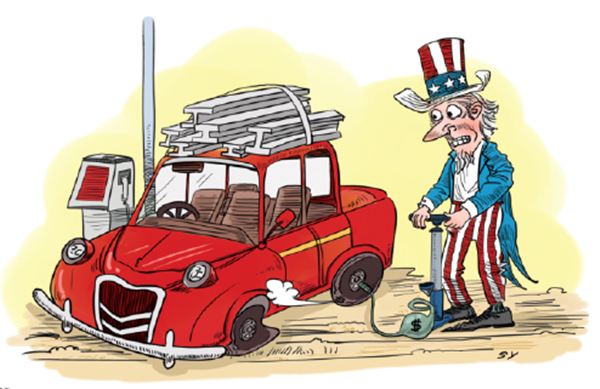 |
|
SHI YU/CHINA DAILY |
Trump said his executive order will minimize the use of waivers and maximize made-in-America content in all federal projects. In particular, the administration will crack down on "companies that used dumped steel to take work away from workers like you." But the order was also about domestic politics and the White House's internal strife. And questions linger about its economic implications.
When Trump entered the White House, some 45 percent Americans approved the way he was handling his job, with another 45 percent disapproving. Today, almost 55 percent disapprove of his performance, according to Gallup. Moreover, some polls in swing states such as Wisconsin indicated his approval ratings were under water. Clearly, it was high time for Trump to be seen as delivering on his campaign pledges.
There is also an internal White House angle to the story. Kenosha is a swing county; it is also the hometown of Trump's chief of staff Reince Priebus, former chair of the Republican National Committee. Through the spring, Trump loyalists have been alleging that Priebus's loyalties lie with the RNC, not with the president.
Trump could have picked many locations to sign his executive order. But the fact that he chose Kenosha suggests he needs the RNC and a unified Republican Party to undermine Obamacare (Patient Protection and Affordable Care Act), to launch the impending "massive tax cuts" and several other stated reforms.
As soon as Trump signed the executive order, however, it was criticized by Silicon Valley behemoths whose global success is predicated on highly skilled foreign employees. It also divided the US Chamber of Commerce and other business lobbyists, who believe the H-1B program needs changes, but should not be scrapped. The US should not "close the door on high-skilled workers from around the world who can contribute to American businesses' growth and expansion", they argue.
In economic terms, the "Buy American, Hire American" order is very much in line with the interests of the US steel industry, which has been a great beneficiary of the "Buy American" legislation for decades.
Indeed, the executive order can be seen as an effort to subsidize the US steel industry as Chinese imports account for 25 percent of the US market. In this view, Trump's proposed $1 trillion infrastructure initiative will boost the iron and steel industry-which the White House would like to benefit mainly US interests, even against international agreements. According to US government data, in 2014, the iron and steel industry employed some 150,000 people generating some $113 billion in value. In turn, US high-tech industries employed some 17 million workers (12 percent of total employment) but contributed $7.1 trillion in terms of output (23 percent of total).
In modern history, advanced economies specialize in value-added industries, which require greater knowledge and productivity, while less-advanced countries seek catch-up growth through low-margin, low-value industries. The US is no exception, as evidenced by the data from steel and knowledge industries.
Ironically, US government policies that promote less-advanced sectors may rally US steel stocks but risk harming America's advanced industries, while alienating major US trade partners. Despite "America First" pledges, they may leave America second across attractive industries over time.
The author is the founder of Difference Group and has served as research director at the India, China and America Institute (USA) and visiting fellow at the Shanghai Institutes for International Studies (China) and the EU Centre (Singapore).






